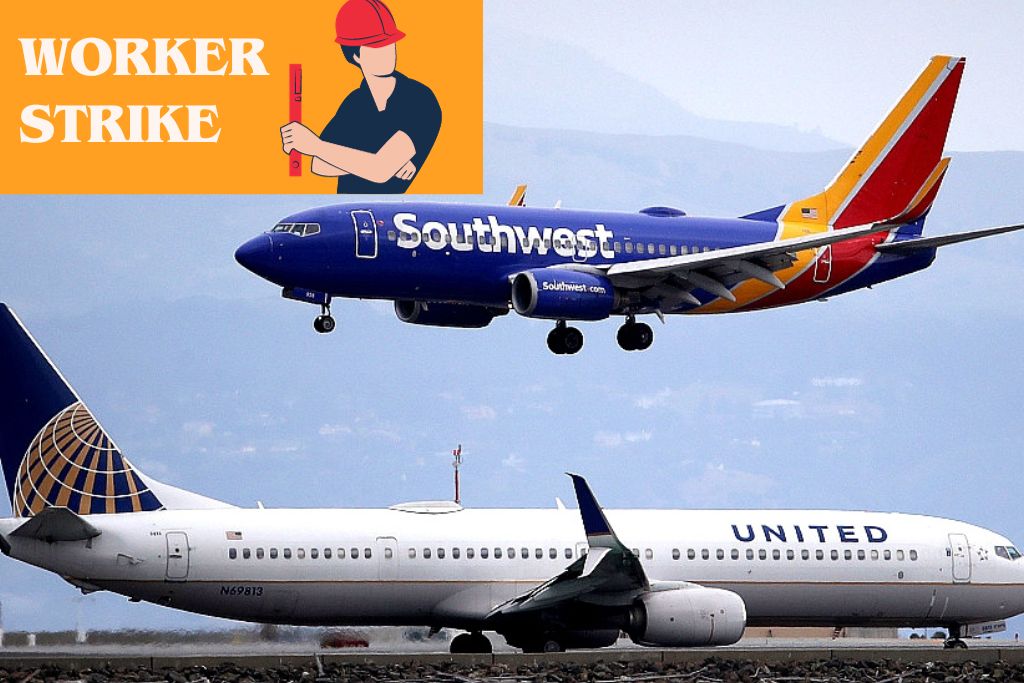In case travelers are planning trips or vacations anytime soon with Southwest, United, or American Airlines, they should be aware that their employees are possibly going on strike. When any one of them goes on strike, it is likely to disrupt the whole U.S. travel industry. Also, these strikes may result from unpleasant circumstances during the busy travel season. This would put tremendous pressure on these airlines to reach a settlement. Thus, the price of seats on other air carriers, railroads, and rental vehicles may all increase.
The strike, if observed, will take time to end. Understanding this, the system is set up to take every precaution to avoid a work stoppage in order to safeguard the nation’s transport business. When passengers have travel plans during the holidays, they should be aware that there may be significant delays due to ongoing labor disputes. These disputes can be major with United, American, and Southwest Airlines.
For the airlines’ employees too, going on strike is a difficult choice since they can be stopped by the National Mediation Board. The board can decide when strike discussions begin and end. Along with this, when the deadlock is to be achieved will be decided by NMB.
Presently, federal mediation has been requested by the union that represents American Airlines and flight attendants for the strike issues. Further, United Airlines workers have protested at 19 airports across the United States. It is made to demand this air carrier negotiate a new contract. This contract is with the AFA-CWA, which represents over 25000 employees at the airline. This report is made according to The Guardian.
The National Mediation Board, a freestanding government body, is already mediating a dispute between Southwest Airlines and its pilots union on behalf of both parties. During its assessment of whether an agreement has been reached, the board has the authority to stop a strike.
According to the Railway Labour Act, the board can continue the parties in mediation as long as it believes that there is a reasonable prospect for settlement. Moreover, when mediation fails, the board must try to persuade the parties to submit the dispute to binding arbitration. This is possible only with mutual consent of both parties.
When this deadlock refuses any of the parties, both are required to maintain the status quo for 30 days. During this time, neither the union nor United, American, and Southwest Airlines will be allowed to strike.
In such a scenario, the agency is required to inform the President, who may then establish a Presidential Emergency Board. This emergency board can conduct an additional 30-day investigation before making non-binding recommendations to settle the conflict.
Further, in these additional 30 days, these parties will be required to maintain the status quo and are prohibited from using self-help tactics. After this procedure, the NMB is likely to work with these airlines and employees. It will try to promote a last-minute settlement or voluntary prolongation of the current situation.
After the last 30 days, when the settlement is not achieved, the airlines and their workers are free, as well as cannot be restrained, from using self-help. There may be further demands to be exempted from hearing, given that all three airlines are at a standstill.
In this situation, union strikes will continue, which may result in coinciding with the upcoming seasons. Both the pilots and employees of American and Southwest Airlines have approved a strike through an election. The workers of United Airlines have not yet done the same.
All these three airlines have issued public comments expressing their confidence that discussions with the unions are headed towards agreements that will end a strike.


